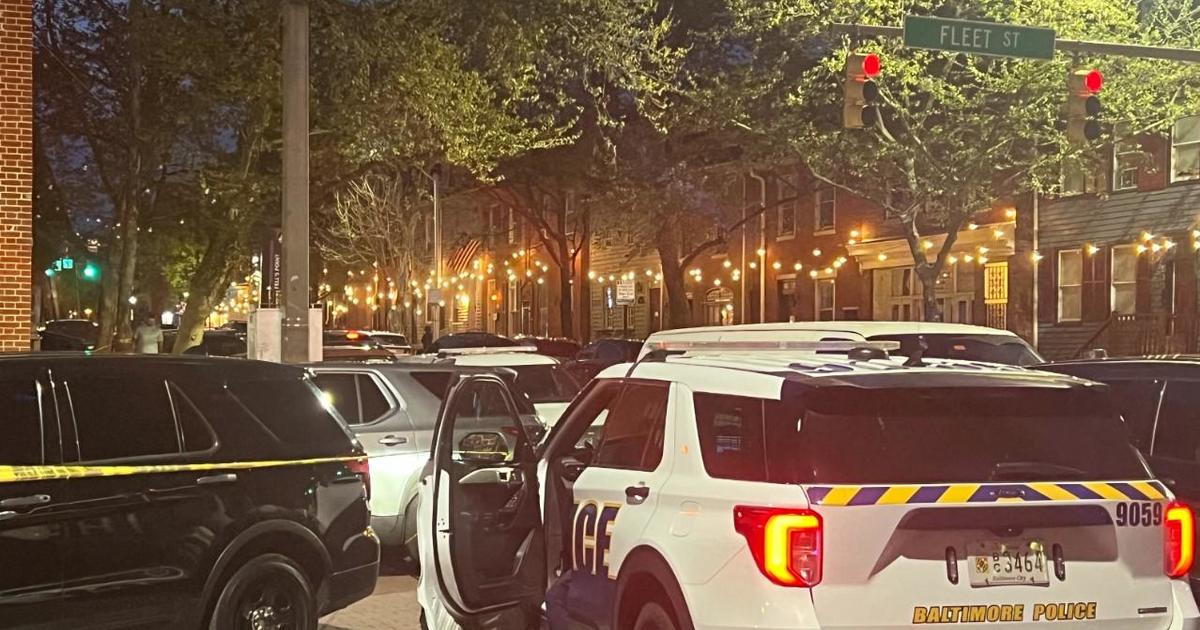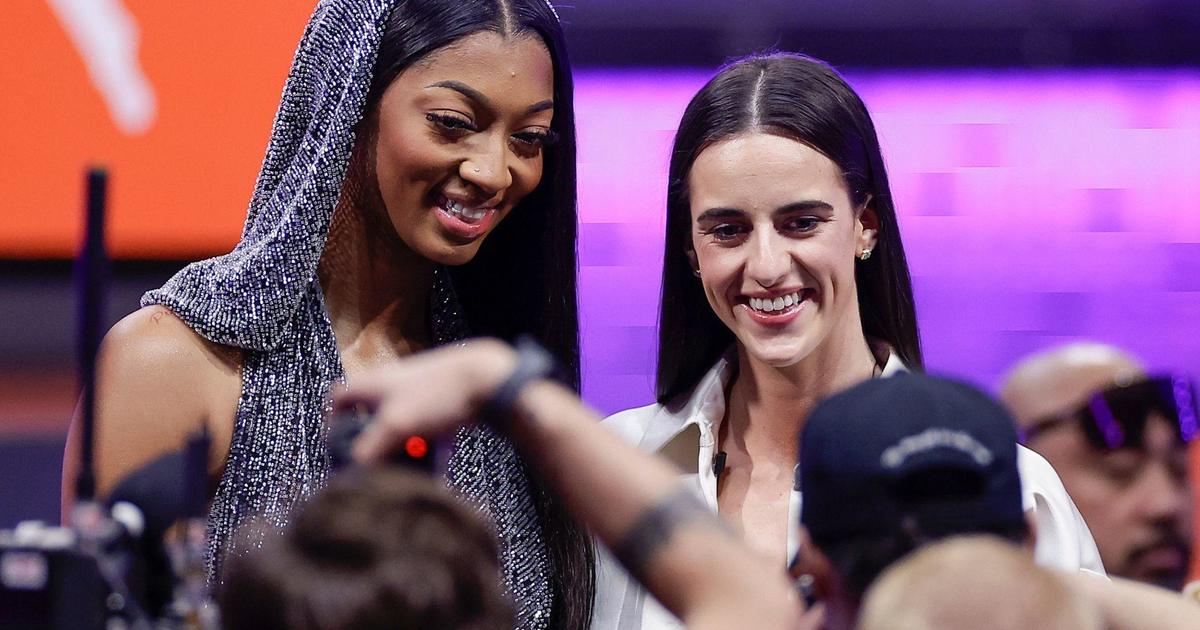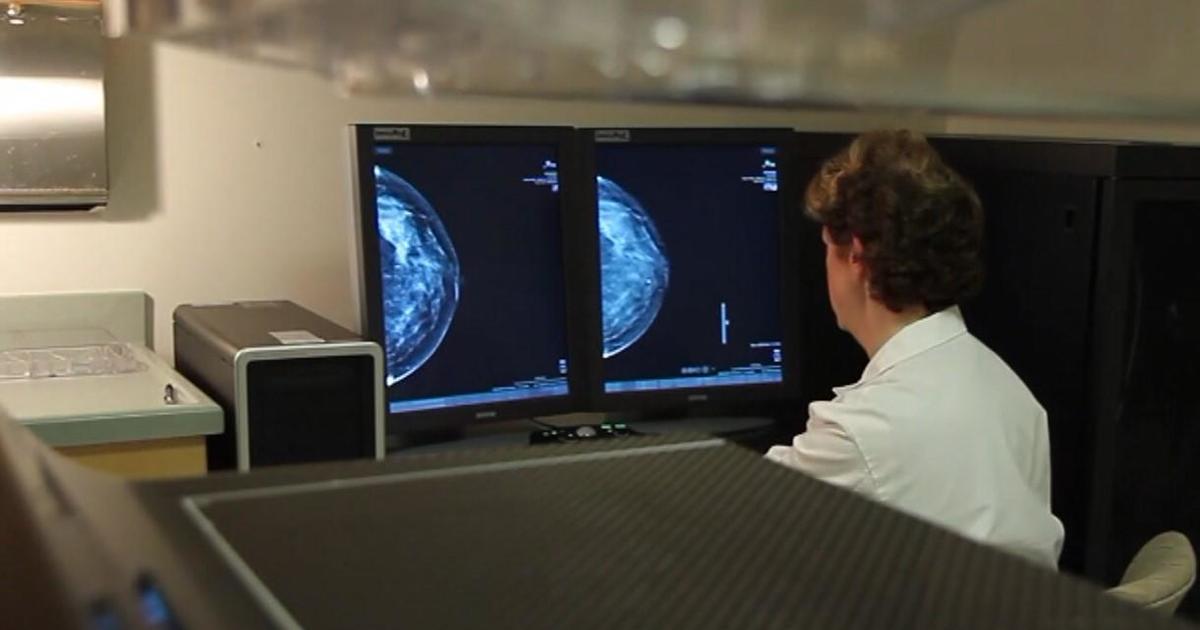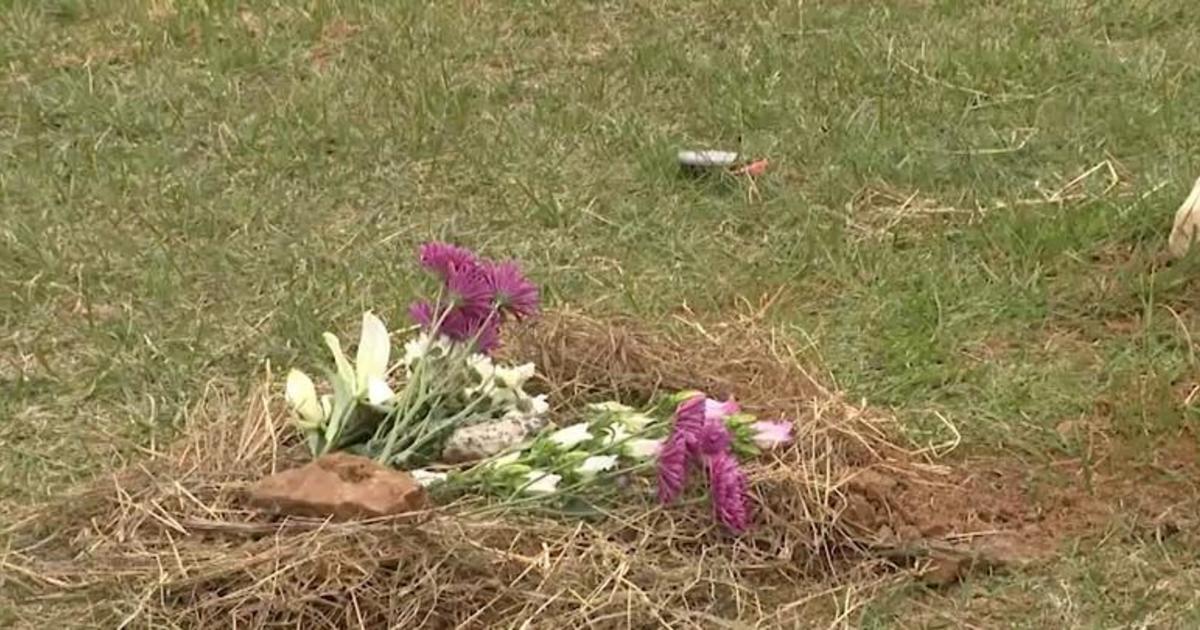Efforts To Prosecute Police In Custody Death Fizzle Out
BALTIMORE (AP) — One side of Harold Perry's corner row house in Baltimore's crumbling Sandtown neighborhood is covered with a painting memorializing Freddie Gray, whose death in police custody triggered massive protests and the city's worst riots in decades.
The somber mural went up following days of fury mixed with hope for change in the overwhelmingly African-American neighborhood where protesters had poured into streets. But these days, it's hard to find anyone in this neighborhood of generational poverty and disenfranchisement who admits to believing that police involved in the 25-year-old's doomed 2015 arrest might somehow be held responsible.
"There was never going to be any justice," Perry said bitterly, taking a break from selling loose cigarettes from his home's stoop. "Maybe someone had hopes once upon a time, but justice is a very hard thing to come by around here."
More than 2½ years since Gray suffered a fatal spinal injury in a police van and Baltimore's long-simmering economic and racial tensions erupted, the last of the efforts to hold police officers accountable in any way has sputtered to a close.
Three officers were acquitted at trial and Baltimore's state attorney dropped the three remaining cases. The U.S. Department of Justice in September declined to bring federal civil rights charges against the six officers — three white and three black — meaning none of them could be held criminally responsible for Gray's death.
And in recent weeks, the van driver and the highest-ranking officer in Gray's arrest were cleared of any administrative wrongdoing by a three-member police panel. Police Commissioner Kevin Davis last week decided to scrap a final trial board set to begin Dec. 5.
Two officers not facing termination had earlier agreed to accept what police called "minor disciplinary action" to avoid trials and continue their careers. They now have jobs patrolling Baltimore by helicopter and watercraft.
Michael Davey, a police union lawyer who recently represented the shift commander during Gray's arrest, said Thursday the officers are happy to "have their police powers back" and move on from the episode.
"No officers intended for Mr. Gray to be injured or to pass away. It's a terrible tragedy, and honestly that's all it was," Davey said.
Community leaders and activists are appalled or resigned to the fact that no officers will be held accountable for Gray's fatal injuries because they didn't buckle him into a seat belt, nor did they call an ambulance when he indicated he needed medical attention.
Sherrilyn Ifill, president of the NAACP Legal Defense and Educational Fund, said it's hard to overstate the message that a "lack of accountability" in the Gray saga sends to residents of Baltimore and African-Americans across the country.
"A young man entered police custody and within hours he was on life support with a severed spinal cord and crushed voice box. No one has been - or will be - held responsible or even appropriately disciplined for the loss of this young man's life. It is a devastating indictment of our justice system and of policing practices in our country," Ifill said.
Cases against the police took shape soon after the April 2015 rioting, when Baltimore State's Attorney Marilyn Mosby confidently announced charges against six officers including a count of "depraved heart murder." The news triggered celebrations across streets that were smoldering days earlier.
But in July 2016, Mosby's office dropped all criminal charges against the officers. She blamed an uncooperative police department and a broken criminal justice system, but critics said she rushed to judgment in prosecuting the cases.
"The state never showed a crime was committed, much less that the officers were responsible," said Peter Moskos, an associate professor at John Jay College of Criminal Justice.
The Gray saga triggered major political fallout and some significant changes, most notably an ongoing federal consent decree to overhaul the police department.
The only pending legal case targets Mosby herself. The malicious prosecution lawsuit was filed by five of the police officers charged in Gray's death. Next week, a federal appeals court will be asked to decide if she's immune.
Meanwhile, violent crime in the city sometimes nicknamed "Bodymore" keeps racking up fresh victims.
Baltimore's homicide rate began to rocket after Gray's death in 2015, a year when the city saw 344 killings — which broke a 40-year record for homicides. A depressingly steady march of killings this year is now threatening to set a new high: There have been 317 homicides so far in 2017.
In Sandtown and other struggling neighborhoods, pervasive frustration and appalling inequity will take years, if not decades, of sustained attention to address. Even the most committed and energetic community activists are pessimistic.
Ericka Alston-Buck, who founded the Kids Safe Zone community center in a struggling neighborhood a few blocks from where Gray was arrested, helped prepare local teens and young adults for the possibility that the accused officers would be cleared of any wrongdoing with her program dubbed "What if They Walk?"
"Historically, nothing happens when cops abuse us. And it just keeps sending the message 'you're not worth anything,'" she said.
Follow @CBSBaltimore on Twitter and like WJZ-TV | CBS Baltimore on Facebook
(© Copyright 2017 The Associated Press. All Rights Reserved. This material may not be published, broadcast, rewritten or redistributed.)



